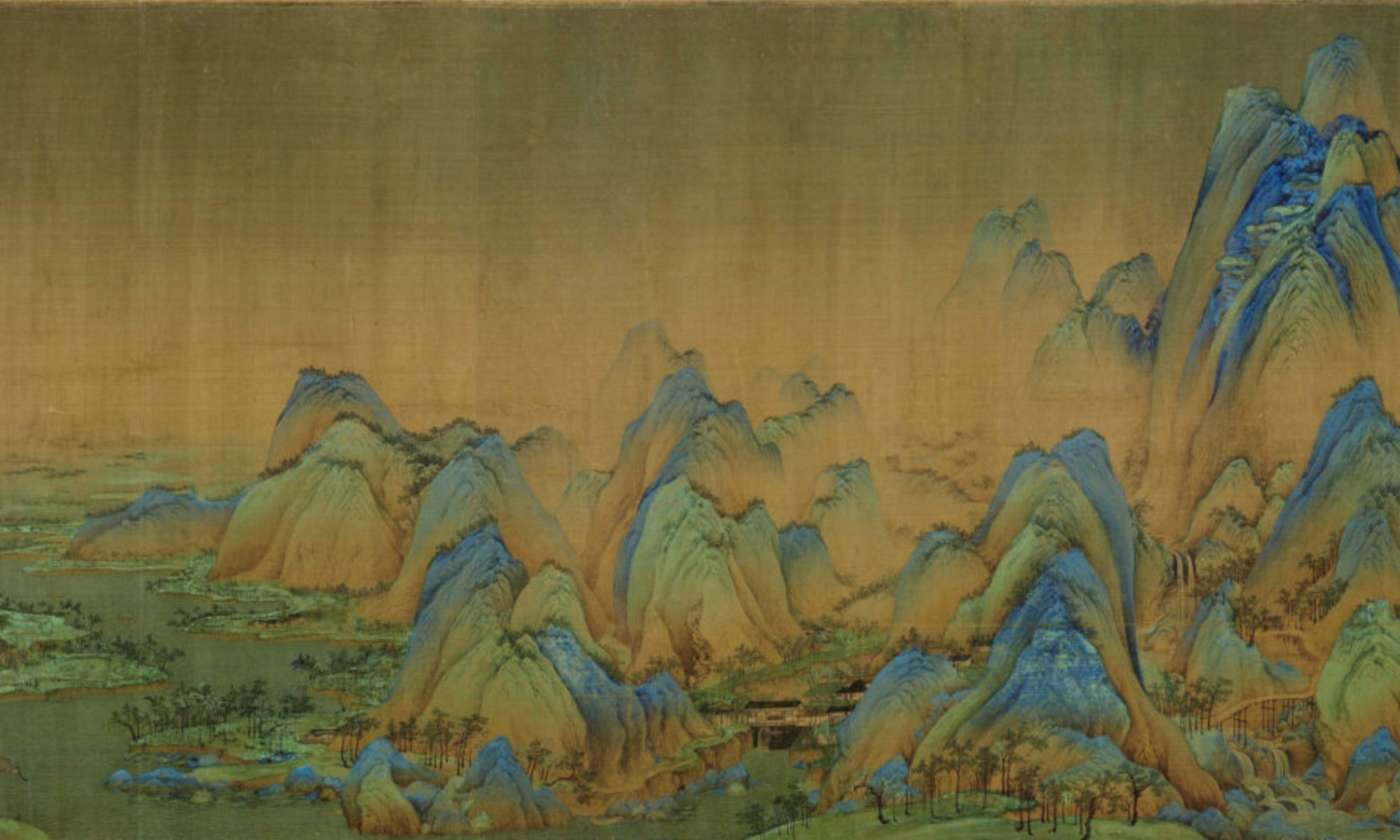Article II. Membership Eligibility and Member’s Responsibilities
Section 3. The members of the CHUS are obliged to observe these bylaws and other regulations which may later be enacted by the CHUS and pay membership dues. Members are encouraged to participate in the CHUS sponsored activities. Besides membership fee, donations from members to the CHUS with an intention to foster academic endeavors are much appreciated. The amount of membership dues shall be determined by respective Board of Directors of the CHUS. The membership fee for Chinese and non-Chinese historians working in a developing country like China shall be one-third of the normal membership fee. The Board can define what a developing country is like and designate the power to collect membership fees from members outside America to a member living in that country or region.
Article VII. CHUS Awards
VII.1 CHUS will grant an Award for Academic Excellence in the form of a certificate every year. All CHUS members are eligible for applying or being nominated for the Award by September 1 of every year. Any well researched and influential monograph that was published after last September, either in the form of book or chapter or article, can be considered as evidence for academic excellence. The Board will secure the reviews of the submitted works for the Award by November 15 and decide the finalist for the Award by December 25. If none of the nominees is qualified, the Award will not be granted
VII.2 CHUS will grant an Award for Distinguished Service to CHUS in the form of a certificate and gift every year. All CHUS members are eligible for applying or being nominated for the Award by November 1. The Board will decide the finalist for the Award by December 25. If none of the nominees is qualified, the Award will not be granted.
Article VIII. The Chinese Historical Review
Section 1 Ownership and Copyright Issues
VIII.1.1 The Chinese Historians in the United States, Inc. publishes an academic, fully refereed journal of history titled The Chinese Historical Review twice a year, which was formerly published under the title Chinese Historians until 2000.
VIII.1.2 The journal is registered with the Library of Congress and its ISSN number is: ISSN 1547-402X.
VIII.1.3 The ownership of the journal belongs to CHUS. The transfer of the ownership shall not be deemed valid unless all of the following three conditions are satisfied: approval by two-thirds majority of CHUS membership, approval by a two-thirds majority of the members of the sitting Board, and approval by the sitting president.
VIII.1.4 The copyright of all articles, research notes, book reviews, comments, letters to the editors, designs, and announcements belong to CHUS, but the power to grant permission to use copyright-protected materials is delegated to the editor-in-chief of the journal.
Section 2 Publication and Operation
VIII.2.1 The journal publishes manuscripts of original and solid research concerning the history of China, China’s historical relations with the world, history of the overseas Chinese, and comparative studies of history in general, in addition to research notes, book reviews and other scholarly materials that help promote and advance transnational study of history.
VIII.2.2 The power to administrate, manage and maintain the publication of the journal is delegated to the editor-in-chief of the journal or, in his/her absence, a designed or appointed representative.
VIII.2.3 Before the journal earns a stable and constant financial independence, CHUS will provide the necessary funding for the operation and publication of the journal.
VIII 2.4 After the journal has secured a stable and constant financial independence, CHUS retains the ownership of the journal unless a decision is made under the condition as prescribed in VIII.1.3.
Section 3 Editorship and Editor’s Power and Responsibilities
VIII.3.1 The board of CHUS, in consultation with members of the organization, appoints an editor-in-chief of the journal. Each term of chief editorship is two years. The appointment may be renewed. When the position becomes vacant, the Board should appoint a new editor-in-chief.
VIII.3.2 The editor-in-chief shall have complete and independent power to make administrative and editorial decisions regarding the operation and publication of the journal.
VIII.3.3 The editor-in-chief shall, at his/her discretion, invite other scholars to join him/her to form an editorial team to maintain the operation and publication of the journal. The members of the editorial team may be termed “associate editors” or “co-editors.”
VIII.3.4 The editor-in-chief is responsible for submitting an annual report on the journal’s operation and financial situation to the Board of CHUS at the end of each year.
VIII.3.5 The editor-in-chief is obliged to inform the Board any major personnel or editorial changes of the journal. He or she is obliged to seek the Board’s consultation or approval to institute changes fundamental to the original arrangements of the journal’s publication as prescribed in VIII.1 and VIII 2 under this section.
